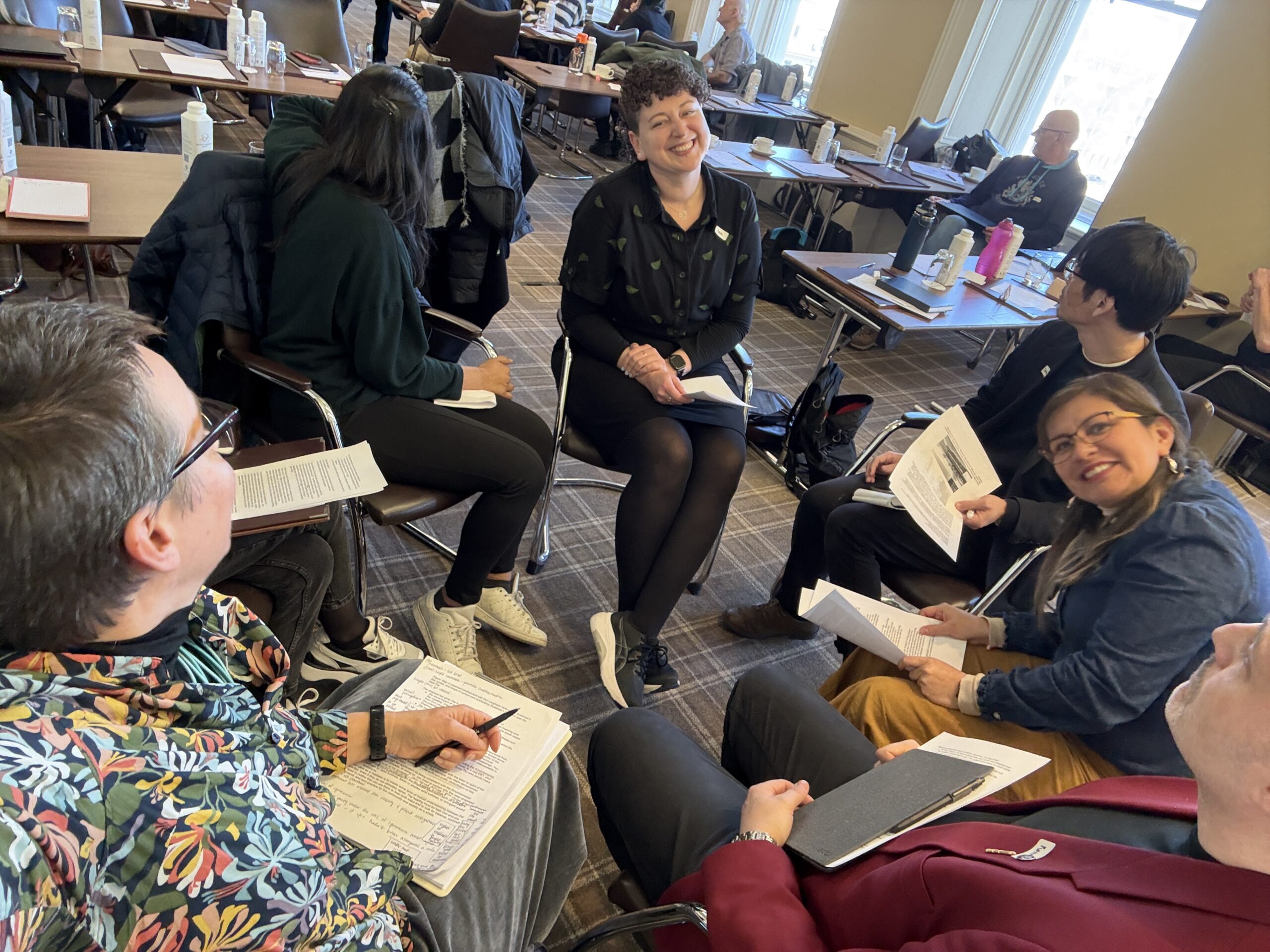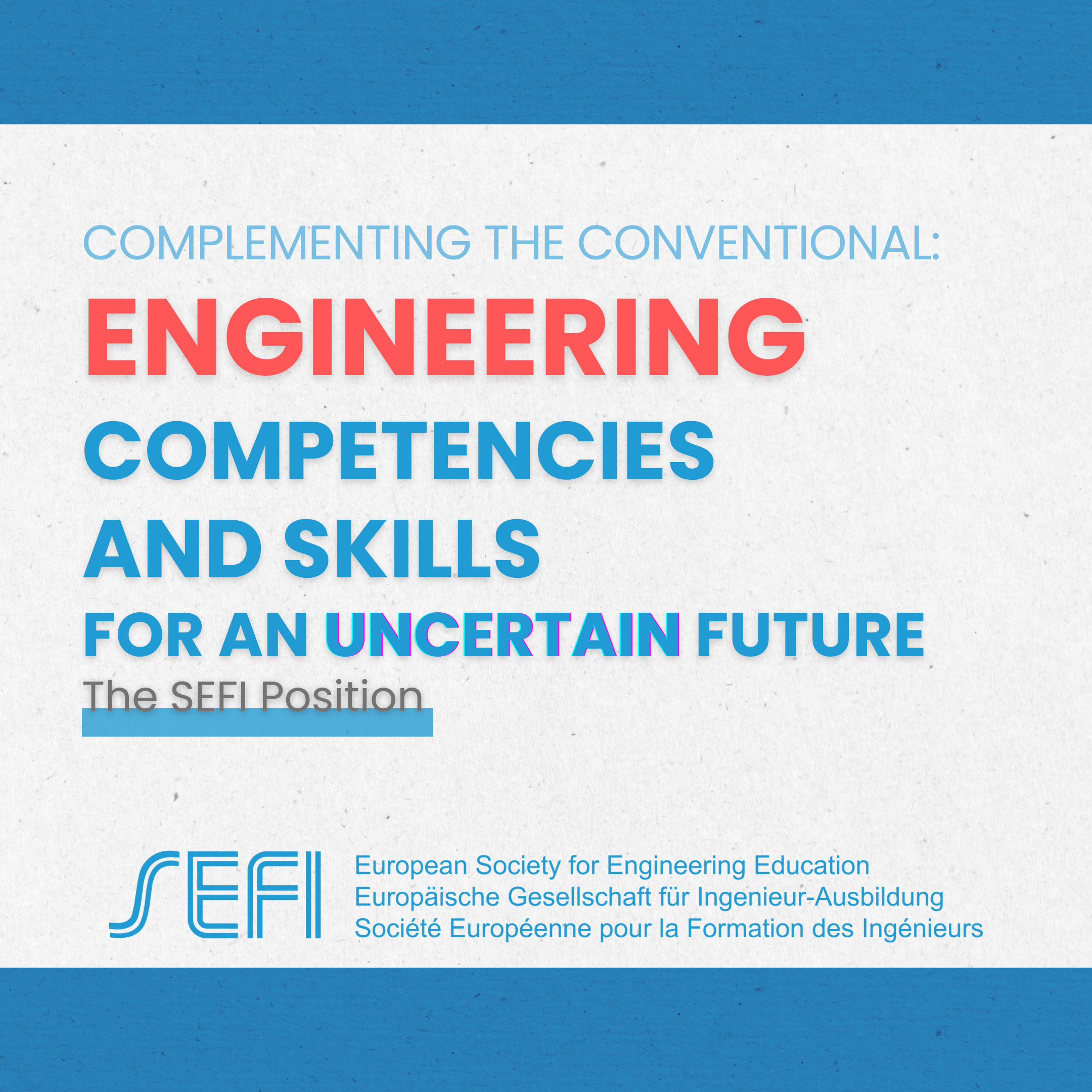From 24 to 26 March, 35 delegates from around the world gathered at the Royal…
Christian Herzog, University of Luebeck, Germany
The field of the ethics of technology is a vibrant one. In the advent of seemingly ubiquitous and pervasive digital technologies, artificial intelligence and autonomous systems, ethical and societal issues have received widespread interdisciplinary interest and significant media exposure. Never has the gap between avantgarde technologies and their practical implementation narrowed more than today – or so it seems at least.
Teaching engineering ethics to engineers has a noteworthy tradition. Ibo van de Poel and Lambèr Royakkers’s influential resource “Ethics, Technology, and Engineering: An Introduction” highlights the need for engineers to be able to also understand the ethical responsibility that accompanies their work – a requirement long found in many an association’s code of ethics. Integrating ethical considerations into engineering conduct, however, carries very practical implications. Some of these all too easily fall prey to economic pressures, over-enthusiastic attitudes based on technological solutionism and a lack of acquaintance with the modes of ethical reflection.
Hence, integrating ethical considerations into technology development requires – in addition to some fundamental knowledge – practice. Only with sufficient practice can engineers rely on their reflective skills when pressures sum up. This is why my team at the University of Lübeck’s Ethical Innovation Hub, an inter- and transdisciplinary research group dedicated to responsible research and innovation, focuses on conducting engineering ethics education on challenges from the real world, in partnership with current companies in the making.
In our instance of teaching ethics of technology, cf. (Martin et al., 2021), students team-up with a start-up of the local accelerator Gateway49 in Lübeck, Germany. Students often need to understand parts of the underlying business case and its technological foundations. In interaction with the start-up the students are then tasked to identify an ethical challenge, discuss it, and propose actionable solutions, which may, but need not be, technical ones.
The approach borrows from challenge-based learning (CBL) as originally introduced in engineering and translates it ionto engineering ethics education. In CBL learners collaboratively define their own challenges based on real-life problems. They work on their self-identified challenges with the help and further instruction of the lecturers, reflect on them and–if possible–solve them. The starting point is usually an overarching question posed by the instructors, from which students derive more specific questions with regard to their respective self-imposed challenge.
Even though, admittedly, our students face a very steep learning curve, we believe it is better to face it early on. Practical and actionable solutions must be argued for and tailored to mount the often limited resources of the start-ups and still meet ethical standards. Even though some fundamental ethical theories do play a role in our educational concept, the CBL approach puts the intricacies of integrating ethics into agile development to the fore by actually practicing it (e.g. Ammanath, 2021; Rao, 2022). Accordingly, our research on educating future engineers to integrate ethics focuses on mitigating the multi-facetted practical issues students are faced with (Herzog et al., 2022).
To this end, adopting challenge-based learning for engineering ethics education is using real challenges to train real responsible engineers. We believe this is a fundamental approach that should complement (not displace) any more traditional and theoretical approach to teaching engineering ethics.
Herzog, C., Breyer, S., Leinweber, N.-A., Preiß, R., Sonar, A., & Bombaerts, G. (2022). Everything you Want to Know and Never Dared to ask – A Practical Approach to Employing Challenge-Based Learning in Engineering Ethics.


